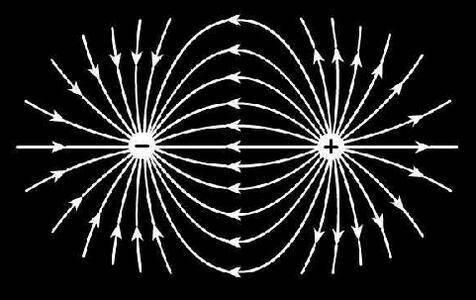(单词翻译:单击)
A platform for publishing science articles under the Chinese Academy of Sciences last Sunday removed a paper which denied the existence of electric charge, and blacklisted the author who claimed to be a scientist but was a "folk" one.
上周日,中国科学院科技论文预发布平台将一篇否认了电荷存在的论文撤销,并将声称自己是一名科学家、实则并非如此的作者列入黑名单。
The platform, chinaxiv.org, blacklisted the author, who called himself "Fan Wei," on suspicion of impersonation, read the platform's statement.
ChinaXiv平台上的一则声明称,该平台将涉嫌身份造假、自称姓名为凡伟的作者列入了黑名单。
The platform explained that it is dedicated to providing open communication for scientists, and is working under the principle of "publishing any findings on time and making them open for comments."
该平台致力于为科学家们提供开放式的交流,其工作原则是“及时发布任何发现,并将其公开以供评论”。

The statement came after an article, which went viral since last Saturday said that Fan, who claimed to work with the School of Physics in Yunnan University, has found that the electric charge does not exist, and that his paper and findings have been reviewed and approved by a Nobel Laureate in Physics and the Cavendish Laboratory in Cambridge University.
ChinaXiv平台的该声明是在凡伟的一篇论文于上周六走红网络之后发布的。在论文中,凡伟称自己和云南大学物理学院一起研究并发现电荷根本不存在,而他的论文及发现也已经得到了剑桥大学卡文迪许实验室一位诺贝尔物理学奖得主的审查及认可。
Fan's paper signifies that Chinese scientists can rewrite global textbooks, marking a great victory for Chinese science, and a breakthrough in fundamental physics, said the article.
该论文称,这一发现意味着中国科学家即将改写全球教科书,标志着中国科学家在基础物理学领域取得的伟大成就和重大突破。
The paper has been clicked for more than 8,000 times and downloaded 4,000 plus times from the platform before it was removed, media reported.
据媒体报道,在该论文被撤销之前,其点击量已经超过了8000次,下载量则超过了4000次。


